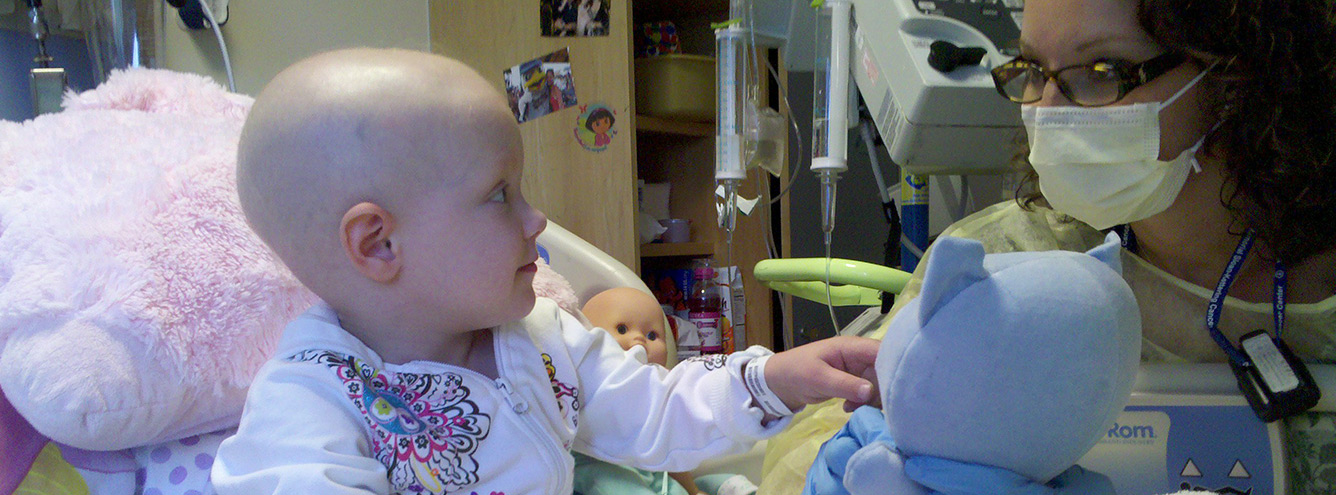Children, and sometimes adults too, can be insensitive to people who are “different” from them.
Baldness and facial differences fall into this category. Children with retinoblastoma can experience ridicule from classmates and others. This is unfair and unkind, but it does sometimes happen.
Coping with difference can be hard for children. There are many ways you can help your child navigate the world and embrace life with a healthy perspective.
Help Your Child Learn About Difference
Around the age of five, children begin to become aware of their appearance and the appearance of others. They adapt and change to fit the environment around them.
Adults and children, friends and strangers, react to physical differences all the time. From these responses, children can learn to be embarrassed, ashamed or upset about themselves and their perceived differences. Or they can learn acceptance, develop confidence and achieve peace.
If you are hesitant or lack confidence in handling your child’s prosthetic eye, he will learn to be hesitant and lack confidence. If you are anxious or fearful about lifelong testing and checking for second cancers or relapse, he will also learn anxiety and fear.
Consider how you respond to the differences of others, and to negative experiences in your life. The more you embrace difference and learn to manage change, disappointment and loss, the more you will promote effective coping to your child.
Help Your Child Talk to Others
No parent can be all places at all times to offer help and explanations. You cannot always protect your child from the reactions and comments of others. Help him to help himself at these times.
Give him scripts of appropriate responses he feels comfortable saying. Practice them at home so he builds confidence. Some examples are:
“Yes, my face looks a bit different. That’s because I have a special pretend eye.”
“My eye looks different because when I was a baby I had an illness/I was sick with something called retinoblastoma/cancer.”
“These tubes on my chest are for medicine to go into my body. The medicine helps my body fight retinoblastoma/cancer.”
If your child is uncomfortable sharing information with others, work with him on phrases such as:
“Yes, I look different – Just like you look different from me.”
“My eye is different, but it hasn’t stopped me being an expert at… (piano, singing, skating, swimming, football, Pokeman, computers…)”
Enable Others to Support Your Child
Talk to your child to find out if he is comfortable sharing his experience. If he is happy for you to do so, explain to other people in his life that he has cancer and is undergoing therapy, and that his hair may fall out, or that he has an artificial eye.
Talk to friends, neighbours, your child’s school (teachers and counsellors). People are often more mindful of what they say, and how they respond, when they know and understand the situation.
Encourage other parents to talk with their children about differences, about cancer and the associated hair loss. Communication is key to helping others understand what your child is going through in battling cancer, losing his hair and/or his eye.


